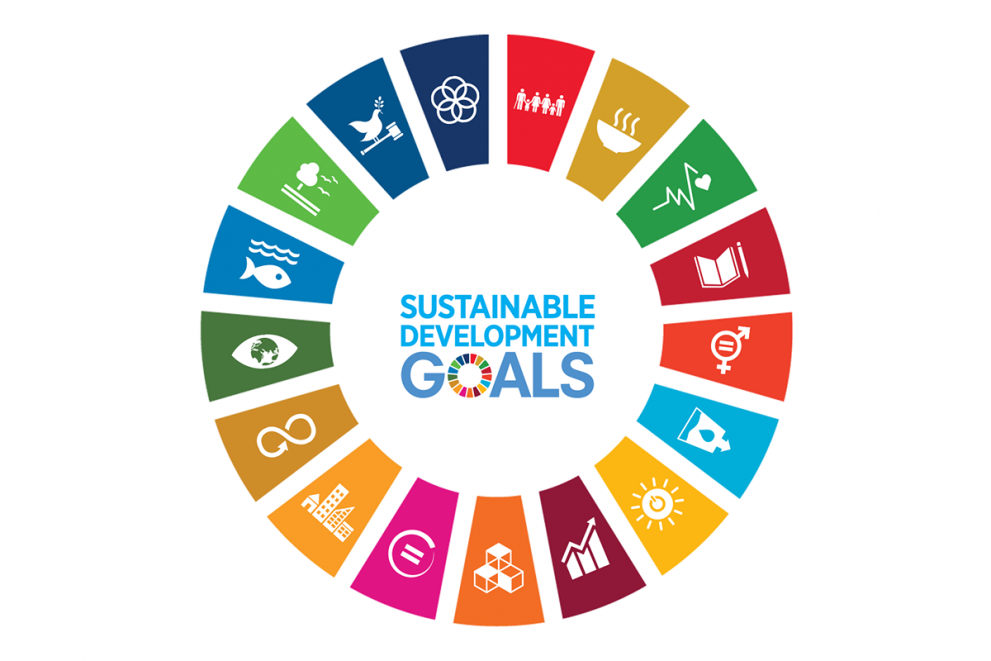As government funding shrinks, the role of corporations grows: Freedom Holding’s commitment to UN Sustainable Development Goals

Recently, a number of international organisations, including UN agencies, have experienced decreased funding from several major donor countries. This trend is being driven by states shifting political priorities, experiencing domestic budgetary constraints, and often reallocating resources to national needs. The White House announced that U.S. President Donald Trump decided to withdraw the U.S. from UNESCO.
In such periods, the contribution of private business becomes particularly important. Corporations not only fill financing gaps, they also bring innovation, flexibility and modern tools that public institutions often lack. As global challenges such as climate change and the digital divide intensify, large corporations and private organisations are expected to play an increasingly important role in supporting international programmes and those of the UN, especially those related to sustainable development, humanitarian aid, and climate action.
Freedom Holding Corp.’s approach
Freedom Holding Corp. and its founder and CEO, Timur Turlov, are actively integrating the UN Sustainable Development Goals (SDGs) into their strategy. Through its corporate foundation, Freedom Shapagat, the company has already supported more than 60 social and environmental projects, reaching over 10 million people. In 2024, Freedom Holding joined the UN Global Compact initiative, which was created to address transboundary issues effectively, such as those related to water, the environment, hunger and poverty, infrastructure, energy and food security. Timur Turlov has assumed the position of Chairman of the UN Global Compact Advisory Committee in Central Asia.
«Through Freedom Holding and our Freedom Shapagat Foundation, we have already launched and supported projects in line with the UN Sustainable Development Goals — from education and health to climate initiatives and responsible consumption. But I believe this is just the beginning,» says Turlov.
Projects aligned with SDGs
Freedom Holding’s activities are directly linked to a number of key Sustainable Development Goals. Under SDG 4 (Quality Education), the company finances the Freedom Block project at Kazakhstani Suleyman Demirel University, opens artificial intelligence laboratories and implements grant programs for students from the country’s regions. In line with SDG 13 (Climate Action) and SDG 15 (Life on Land), the holding company is involved in the restoration of the Aral Sea, including the planting of saxaul trees, and supports projects aimed at combating desertification. Under SDG 3 (Good Health and Well-being), the company develops sports initiatives, such as supporting the Kazakhstan Chess Federation and the QJ League, and creates digital insurance products that make health insurance more affordable. Under SDG 12 (Responsible Consumption and Production), the company implements the Freedom Fandomats project, which collects plastic bottles and aluminium cans for recycling. Additionally, under SDG 17 (Partnerships for the Goals), the company collaborates with universities, international organisations, and non-governmental foundations.
From sponsorship to partnership
Freedom Holding is part of a global trend where businesses are moving from passive sponsorship to active development partnerships. In addition to filling the financing gap, corporations can introduce innovative instruments such as green bonds and investment products tied to the SDGs, as well as digital services to overcome inequality. Companies can also partner with UN agencies and international development banks on infrastructure, health and education projects. Freedom Holding’s proprietary technology platform and SuperApp’s broad user base can be used to create investment and savings products aligned with the SDGs, as well as to launch digital education, insurance and payment services for rural areas. The company is prepared to cooperate with the UN agencies and international development banks in infrastructure, healthcare and education projects.

